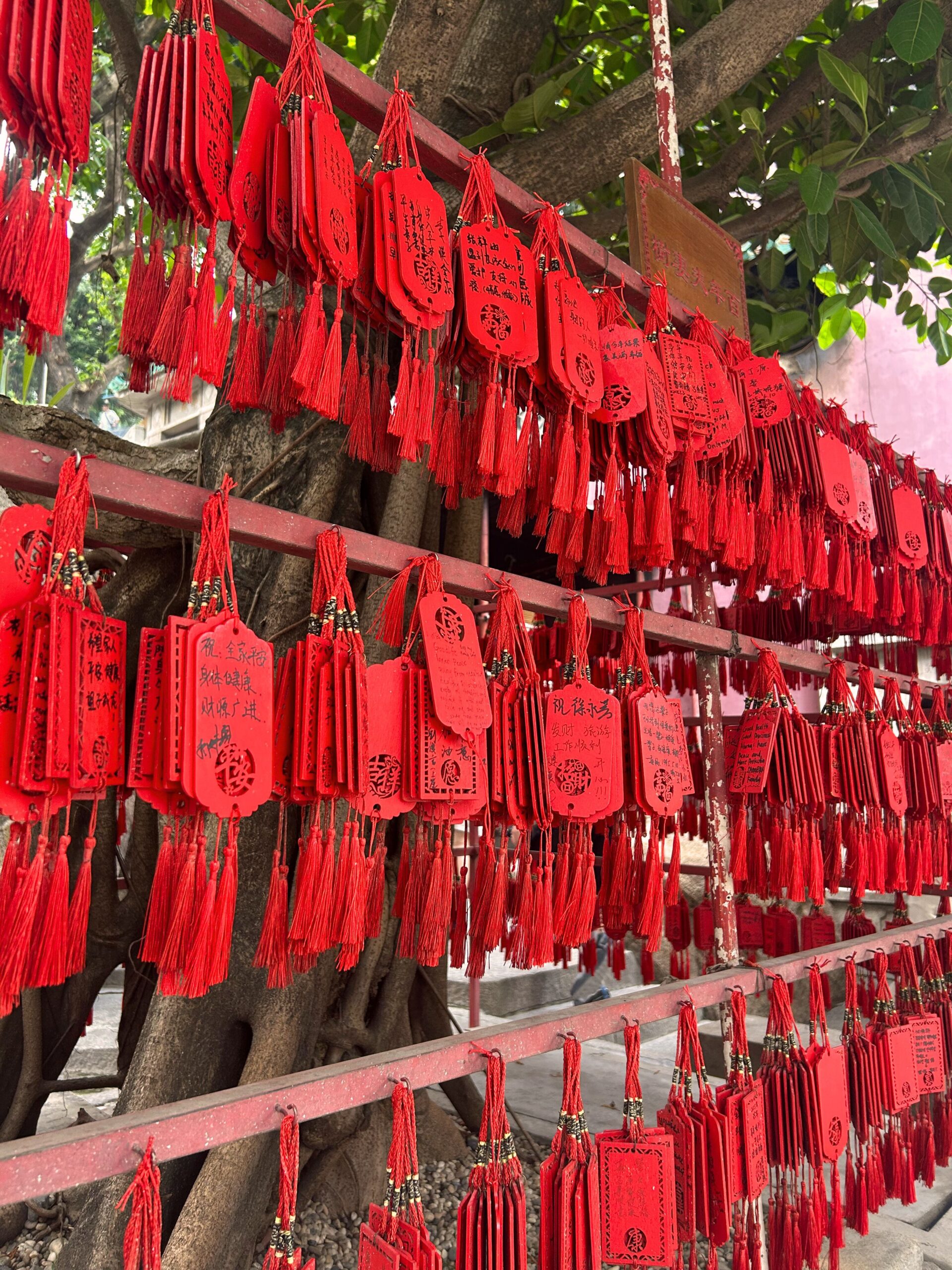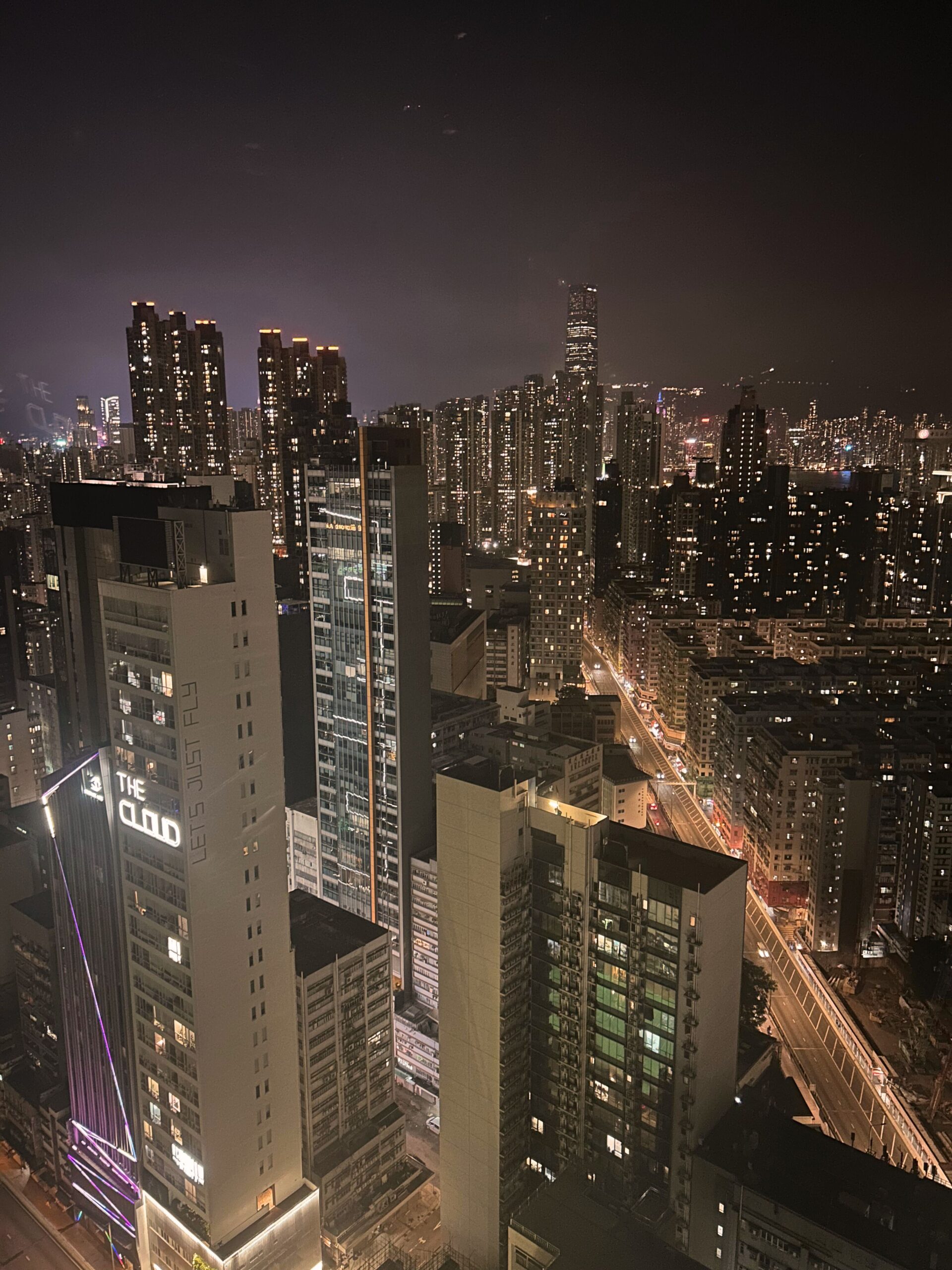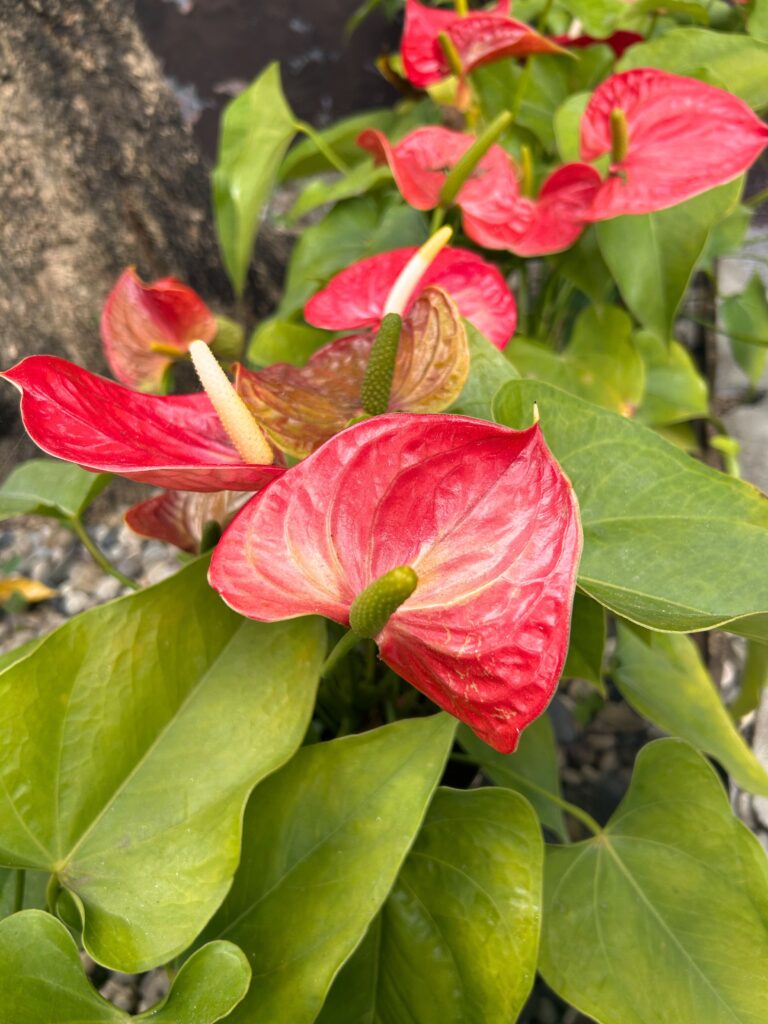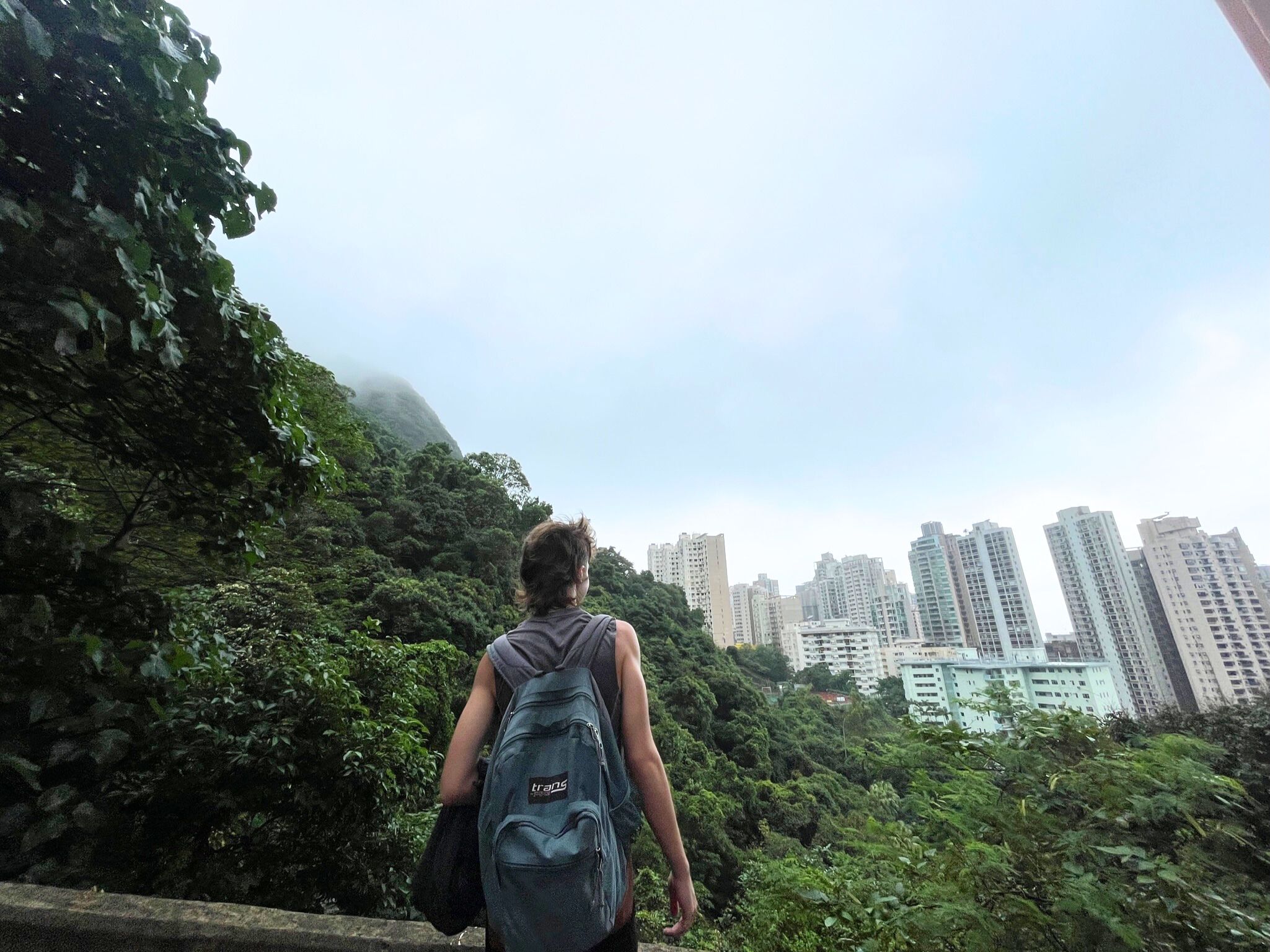
The Machine
By: Ben Allen (CAS ’28)
GRIP: Elephant Community Press in Hong Kong
For most of my life, I attended rural public schools where elementary school was a right turn from middle school, and high school one roundabout away. I lived in a little protected world in the middle of a prairie.
Few ever left Stuarts Draft. Everyone’s educational ambitions centered around our little economy and society. Some took classes in our agriculture department, which was larger than the English department. These students learned small animal care and crop management; they later found jobs at local or family farms, where they had worked unofficially for years, going on joyrides down Stuarts Draft Highway in unregistered vehicles. Others still were star athletes, sleeping through the day so that 3:00 PM would
roll around quicker— at that time, they came alive. These were our small-town heroes. After their big-fish runs playing for our D3 universities, they would realize their deep attachment to their time at the Stuarts Draft schools, returning to be high school coaches and History teachers on the side.

As you may guess, however, I didn’t fit too cleanly into one of these archetypes. Although I shared with my peers a love for my hometown and the safety it afforded me, I often felt— whether I knew how to name it or not— that there was something else to my life than our sliver of the Shenandoah.
When I taught creative writing in Hong Kong this summer, I expected students to feel differently about their education than I did in Stuarts Draft. After all, Hong Kong students consistently perform well on international exams. Their primary and secondary curricula, whether at local or international schools, often open them up to rigorous higher education and first-rate employment opportunities. To me, it seemed these kids could do anything, go anywhere— be anyone.
But the picture I encountered there was not as optimistic as I thought. I often talked to a friend of mine, whom I met in Hong Kong, about her experience growing up in the education system there. She characterized it as grueling, uninspiring, and rigid. Although students were prepared well for their careers, they were trained to slog up the competitive corporate ladder; she argued that teachers rarely called upon students’ creativity or humanity. Moreover, due to Hong Kong’s housing crisis, she expressed that moving out of your parents’ home in adulthood wasn’t always an option; it was too expensive to live alone and too expensive to live abroad.
It is an unfortunate reality that kids the world over go into and through adulthood in places they outgrew when they learned something else was possible somewhere else, if only they could get there.
After this summer, I feel extremely fortunate to have landed at an institution like Penn that makes me feel empowered to take on any facet of this world. But I am left with the question: what got me here? How did I escape a system? What could help kids who felt stuck like I did to reclaim their agency?



Continued in Part 2, The Sauce.